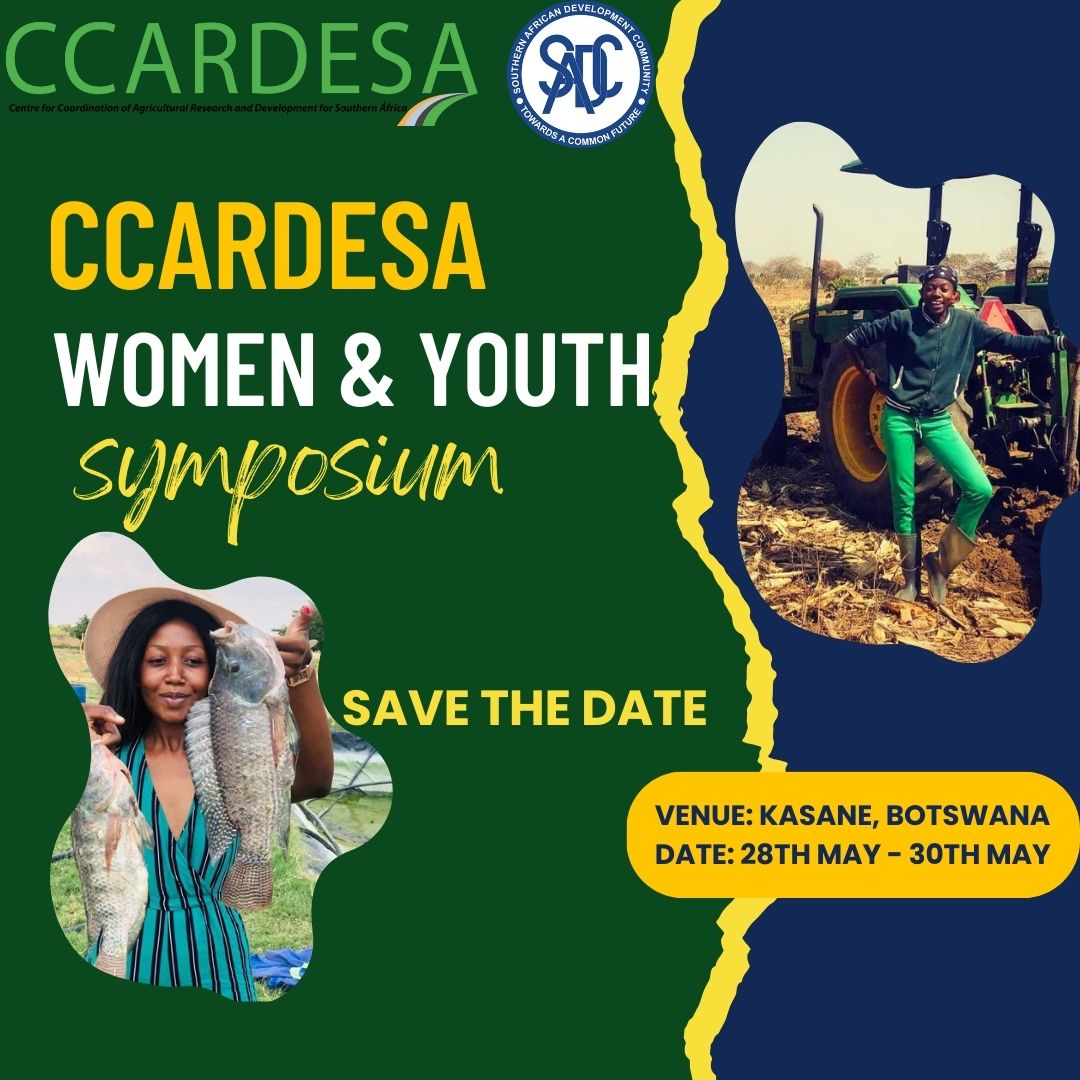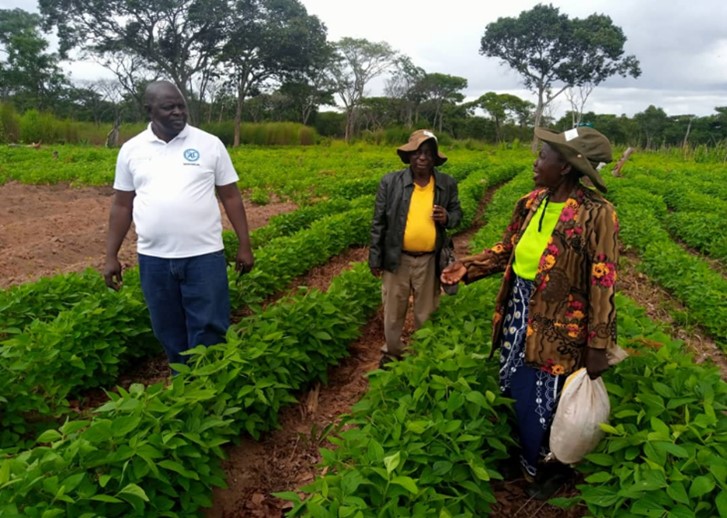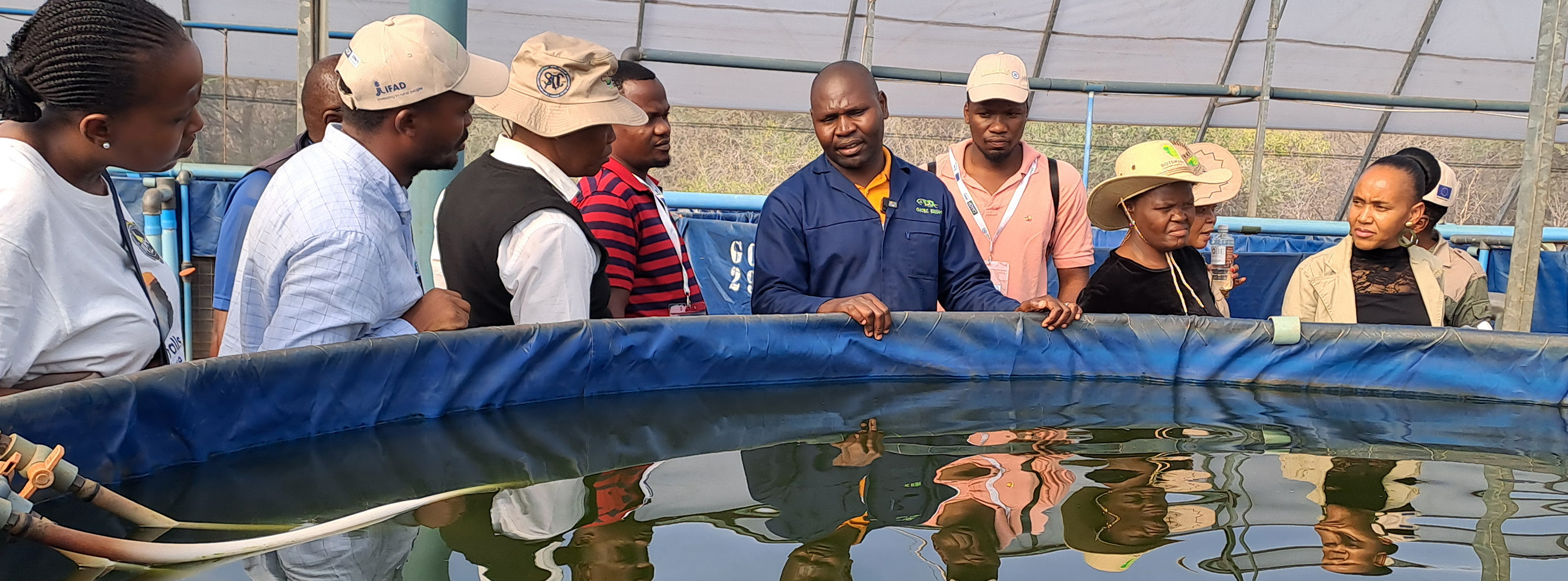Climate Smart Agriculture (CSA) Scoping Study: Case Study of South Africa
This presentation is CSA scoping study which was undertaken in order to establish the status of CSA understanding and implementation in SA at different levels and to establish the current CSA Policy framework in South Africa in terms of effectiveness and equity.
CSA,
South Africa,
Productivity,
Adaptation,
Mitigation,
Development
Pearson Mnkeni and Charles Mutengwa, (2016). FANRPAN, Climate Smart Agriculture (CSA) Scoping Study: Case Study of South Africa. p.31.










